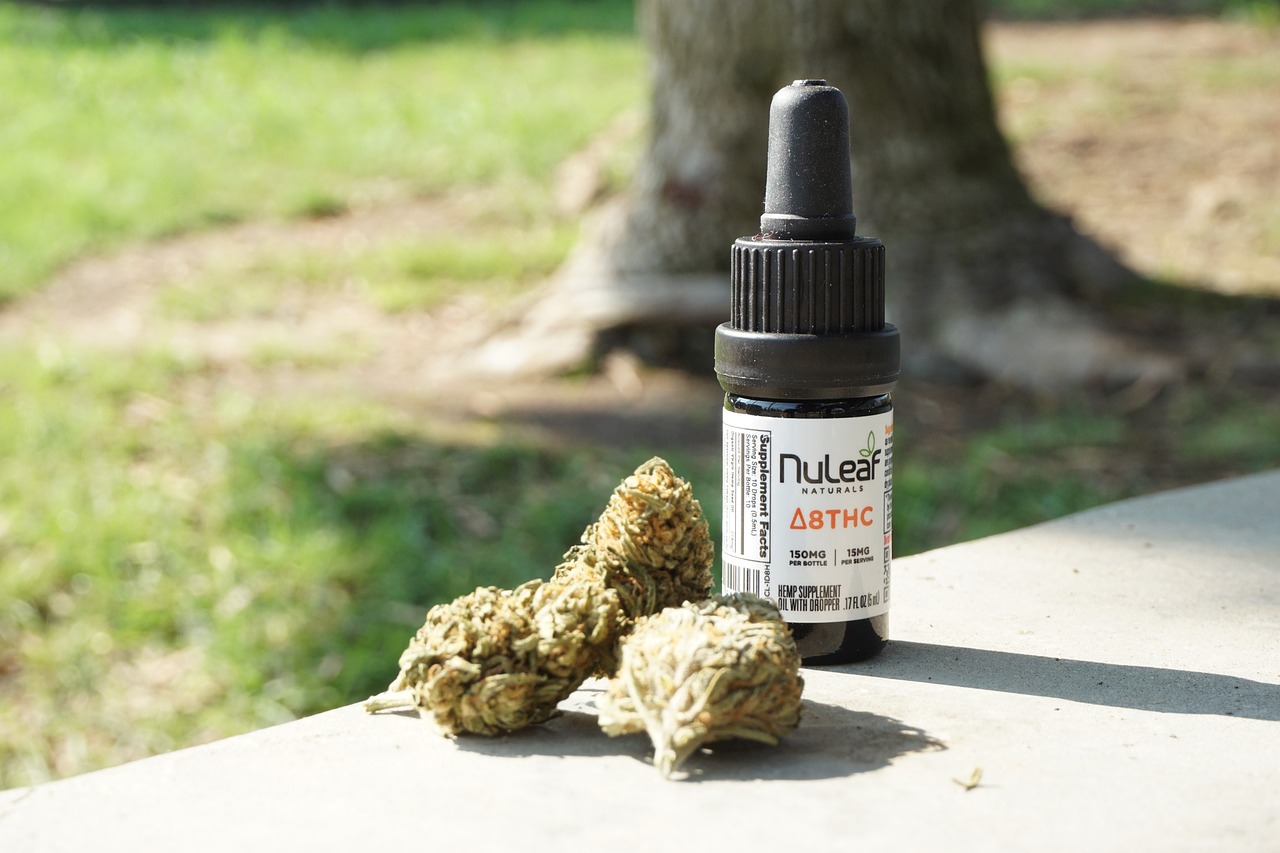“Why aren’t researchers doing more to find an MS cure?” “Why isn’t more effort and money devoted to this?”
I regularly read comments like these after I write a column about a new disease-modifying therapy (DMT) that’s either being tested or has just been approved. Some, like Multiple Sclerosis News Today columnist Jennifer Powell, have faith that a cure will come, but many others feel a cure is far, far away.
What if we already have a cure but just fail to see it? Professor Gavin Giovannoni suggests on The MS Blog that this might be the case. But to see it, we need to redefine “cure.” Or at least we need to refine how we define it.
What defines an MS cure?
To redefine cure, Giovannoni wrote, we need to accept the idea that “an MS cure doesn’t mean the restoration of lost neurological function.” You might be able to halt further disease progression but damage that’s already done might not be reversible.
We also need to accept that “long-term remission” may be a better term than “cure” to describe the idea that our MS will go way and never return.
Long-term remission can be accomplished with some of our newest and most powerful DMTs, such as Lemtrada (alemtuzumab), Ocrevus (ocrelizumab), Mavenclad (cladribine), and hematopoietic stem cell therapy (HSCT). Lemtrada seems to have slowed my MS progression. Some of my symptoms have even improved a bit. My walking is sometimes a little faster, my concentration has improved, and I’ve stopped taking modafinil to treat my fatigue.
Has my MS been cured?
My MS has probably been NEDA-4 status for the past several years. That means “no evidence of disease activity” in four areas: no relapses, no progression, no MRI activity, and no brain atrophy. I can’t walk very far, I continue to have bladder issues, and my fatigue is much greater than a healthy person of my age. But my MS probably meets Giovannoni’s proposed definition of long-term remission. So, should I consider myself cured?
While you’re thinking about that, how would you answer the following three questions Giovannoni asked in his MS Blog post?
- Is it appropriate to use the word “cure” when discussing MS?
- Does talking about a cure for MS raise false hopes?
- Is long-term remission a better term than cure?
I’ll add a thought of my own: Would dividing “curing MS” into “preventing MS” and “halting MS” better express what we want to achieve?
(A version this post first appeared as my column on the MS News Today website.)



